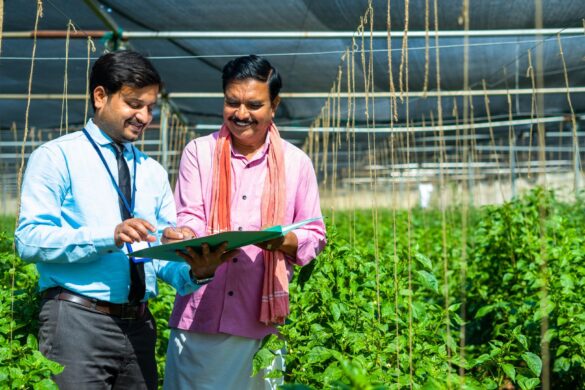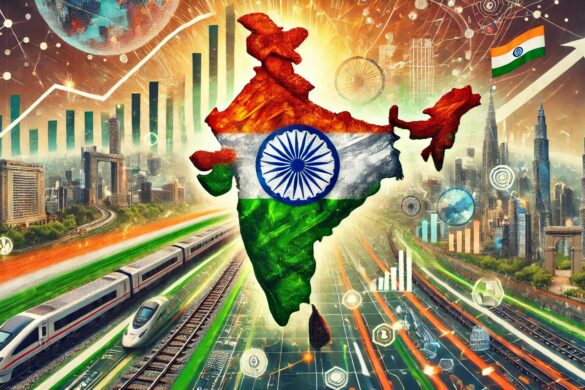Table of Contents
80% of Self Help Groups in India are Women Centric Groups. These Self Help Groups play an important role in rural development of India.
Self Help Groups (SHGs) in India are becoming a community-based platforms for economic and social empowerment, particularly for women. Most of the SHGs are women led groups and typically contain 10-20 individuals who come together to address common problems faced in their communities.
The primary focus of the SHGs is on capacity building to generate livelihoods, save money and providing small loans to each other from pooled savings. As groups, SHGs are also able to access financial assistance through various government schemes developed providing them higher benefits than general groups.
Key Roles and Functions of Self Help Groups (SHGs) in Rural Development:
1. Financial Inclusion:
Women SHGs promote savings and provide access to credit for their members. Rural households, which often have limited access to formal banking institutions, use these funds for income-generating activities or emergencies. Many SHGs are linked with formal banks through government schemes like the National Bank for Agriculture and Rural Development (NABARD) SHG-Bank Linkage Program, which provides low-interest loans.
2. Women Empowerment:
By participating in Self Help Groups, women engage in various entrepreneurial activities, such as agriculture, handicrafts, or small-scale manufacturing, improving their economic standing. Women in SHGs often gain confidence, leadership skills, and awareness of their rights, which translates into increased participation in community and political activities.
A Self-Help Group member whose annual household income is Rupees One Lakh (Rs. 1,00,000) or more is called a Lakhpati Didid
3. Skill Development and Capacity Building:
SHGs also serve as platforms for skill development and capacity building. Government programs and NGOs provide training in areas such as financial literacy, marketing, health, education, and entrepreneurship. Off late technical and digital literacy is also forming a crucial part of the capacity building activities.
4. Support for Livelihood Initiatives:
SHGs are instrumental in implementing government livelihood missions like the Deendayal Antyodaya Yojana – National Rural Livelihood Mission (DAY-NRLM), which aims to alleviate rural poverty by promoting self-employment and creating sustainable livelihoods through SHG networks.
5. Social Capital:
Self Help Groupss strengthen social bonds and promote collective responsibility. The group members often help each other in times of need and work towards common development goals, such as improving sanitation, healthcare, or education within their villages.
Key Government Programs and Support:
1. Deendayal Antyodaya Yojana – National Rural Livelihood Mission (DAY-NRLM):
One of the largest programs supporting Self Help Groupss, it aims to organize poor rural women into SHGs and empower them through financial inclusion, skill development, and livelihood opportunities.
2. NABARD’s SHG-Bank Linkage Program:
National Bank for Agriculture and Rural Development’s program connects SHGs with formal banking systems, ensuring access to microfinance and credit scheme for rural women.
3. Mahatma Gandhi National Rural Employment Guarantee Act (MGNREGA):
SHGs are sometimes involved in facilitating access to wage employment under this program and may act as implementing agents for specific projects.
4. Panchayati Raj Institutions (PRIs):
SHGs often work closely with local governance structures (PRIs) to influence rural development policies and implementation at the village level.
Challenges Faced by SHGs:
1. Limited Access to Markets:
Despite financial inclusion, many SHGs struggle to scale up their activities due to inadequate access to larger markets.
2. Capacity and Training:
Many groups require continuous training and capacity-building programs to improve their management and entrepreneurial skills.
3. Social and Cultural Barriers:
In many regions, especially patriarchal societies, women still face resistance in participating in SHGs or taking leadership roles.
Self Help Groups in rural development provide a pathway for sustainable economic growth, social upliftment, and empowerment in rural India, contributing to overall poverty alleviation and inclusive development.










